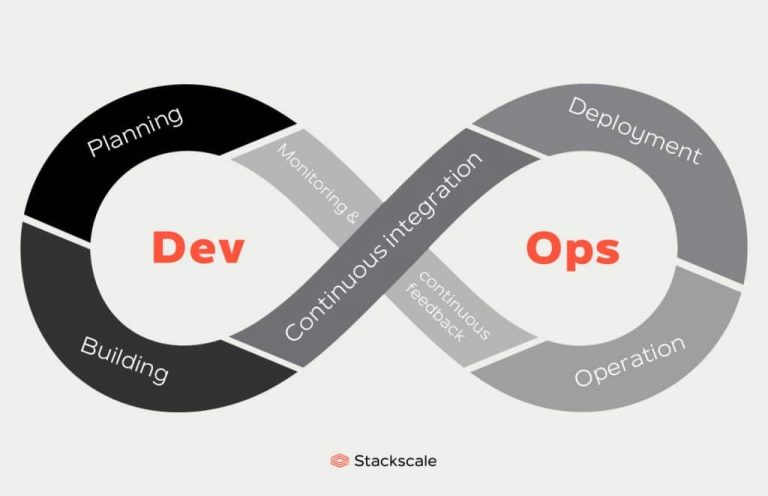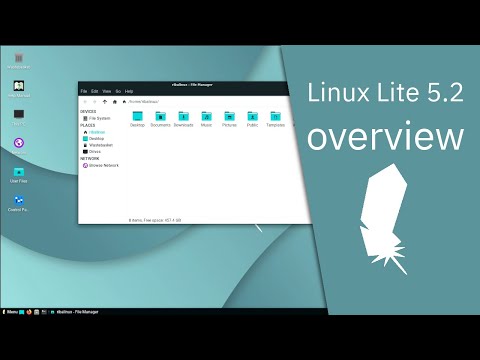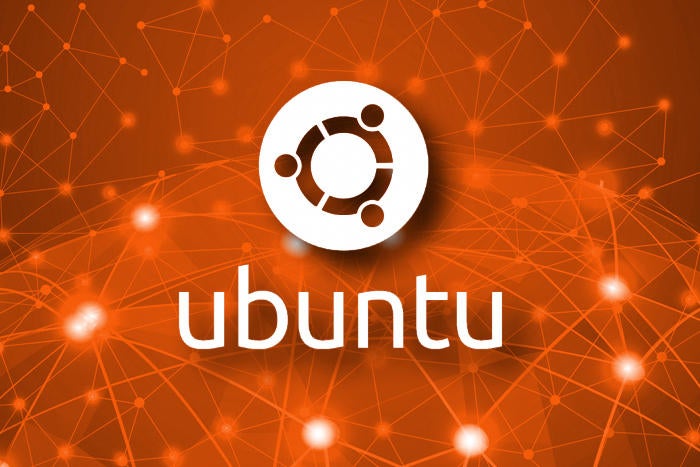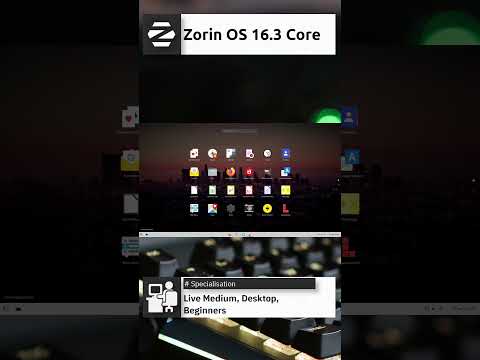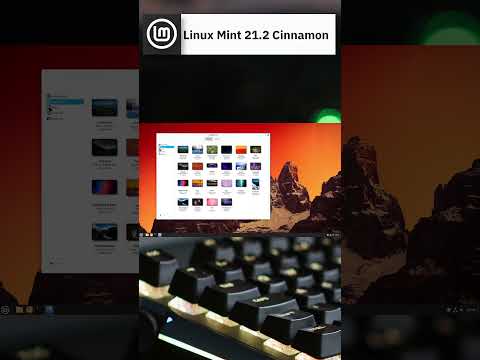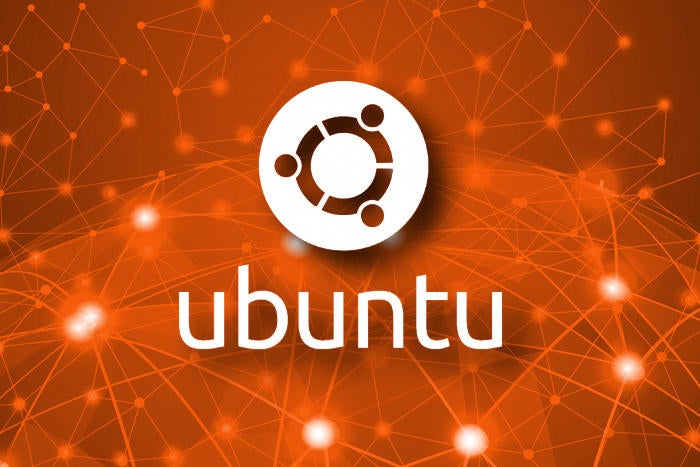
Canonical has released Ubuntu 22.10, an update to the company’s Linux distribution that introduces MicroPython support on a variety of microcontrollers.
Codenamed “Kinetic Kudu” and announced October 20, Ubuntu 22.10 is described as an interim release that improves the experience for developers and IT administrators.
The upgrade now supports MicroPython on microcontrollers including the Raspberry Pi Pico W board. Also, rshell, thonny, and mpremote are all available in the Ubuntu repositories. Ubuntu’s graphics stack transition to kms, meanwhile, means developers can run Pi-based graphical applications using frameworks such as Qt outside of a desktop session and without Pi-specific drivers. This complements expanded support for embedded displays for Raspberry Pi including the Inky eInk HAT series, Hyperpixel range, and the Raspberry Pi official touchscreen.
Ubuntu 22.10 also includes the Landscape 22.10 beta, an administration tool that provides monitoring, managing, patching, and compliance reporting across Ubuntu estates from server to desktop. Landscape Server can be installed on computers with Arm or Arm-based processors, including Ampere Altra-based Arm64 virtual machines on public clouds and Raspberry Pi. Risc processors and hardware also are supported, making it easier to use Landscape as a portable management system, Canonical said.
Ubuntu 22.10 can be downloaded from ubuntu.com. Other improvements in the release are as follows:
- Toolchains have been updated for Ruby, Go, GCC, and Rust.
- OpenSSH is configured by default to use system socket activation, meaning sshd will not start until an incoming connection request is received. This reduces footprint and memory of Ubuntu Server on smaller devices, VMs, or LXD containers.
- A
debuginfodservice helps developers and admins debug applications shipped with Ubuntu. Debugging tools such as gdb will download the required debug symbols over HTTP. - Improvements in GNOME 4, including GTK4 theming for performance and consistency, improve desktop usability and performance. Quick Settings provide faster access to commonly used options such as Wi-Fi, Bluetooth, dark mode, and power settings.
- The PipeWire audio platform broadens support for audio devices and provides a step up in Bluetooth connectivity for better video conferencing. Linux 5.19 improves power performance of Intel devices and now includes multithreaded decompression on Ubuntu to boost Snap performance on multi-core desktop systems.
Next read this:



